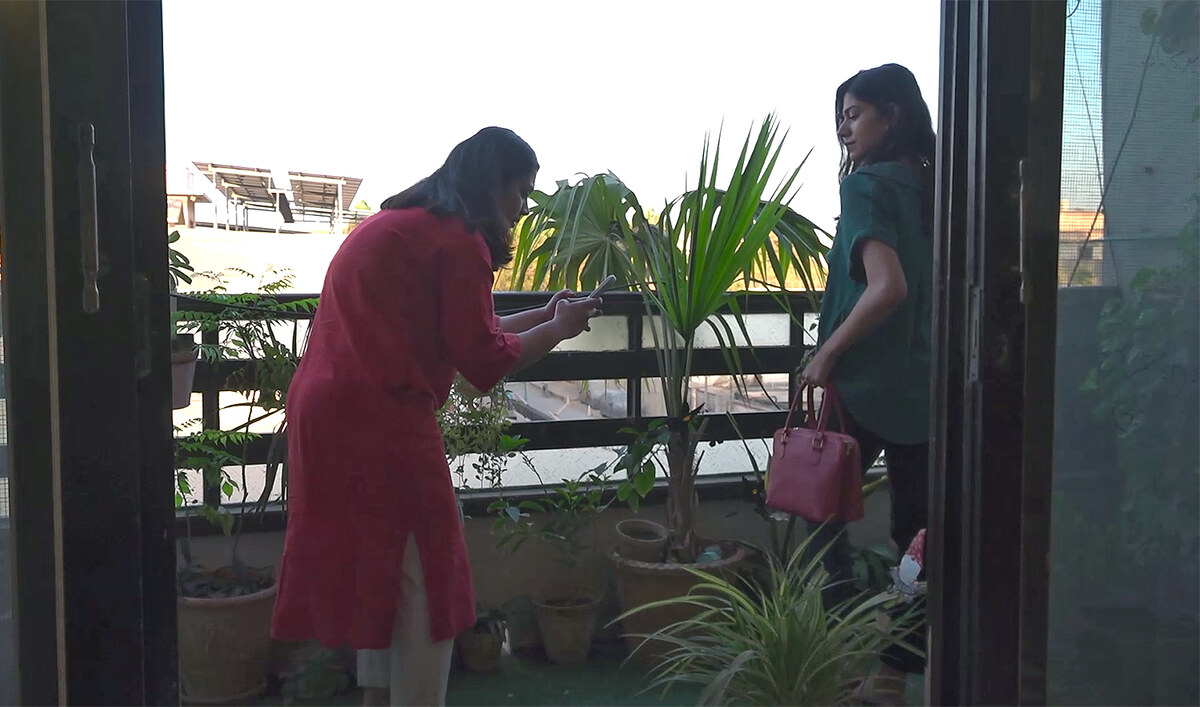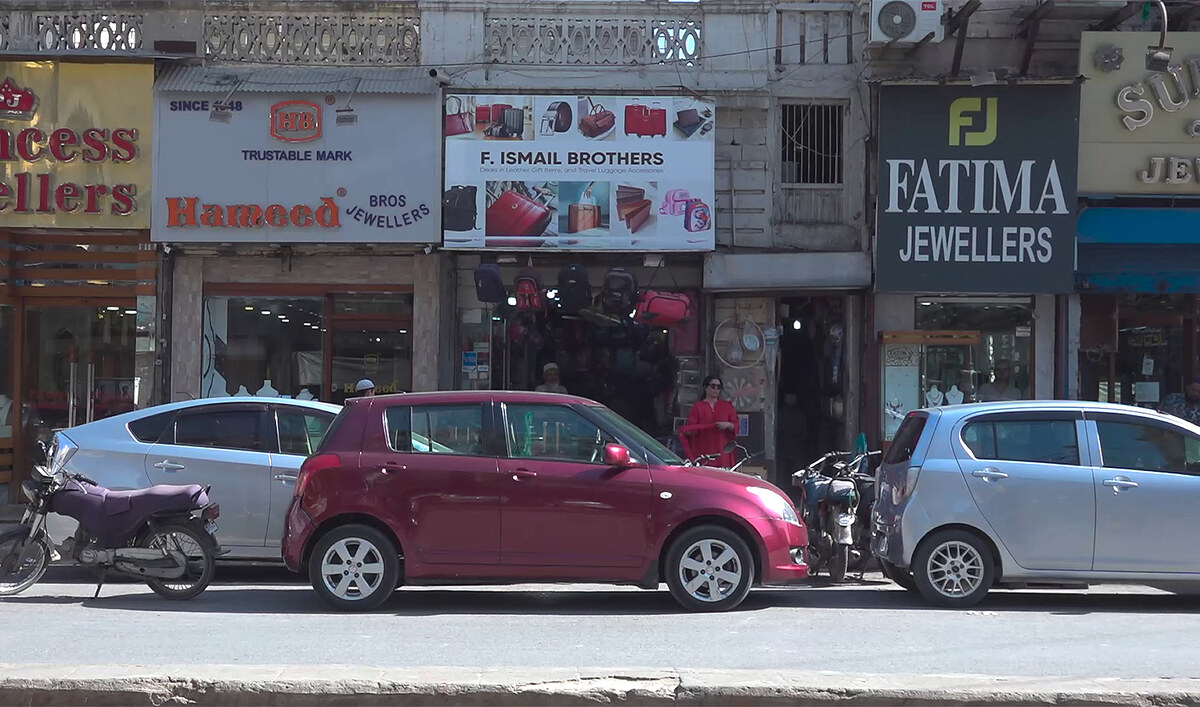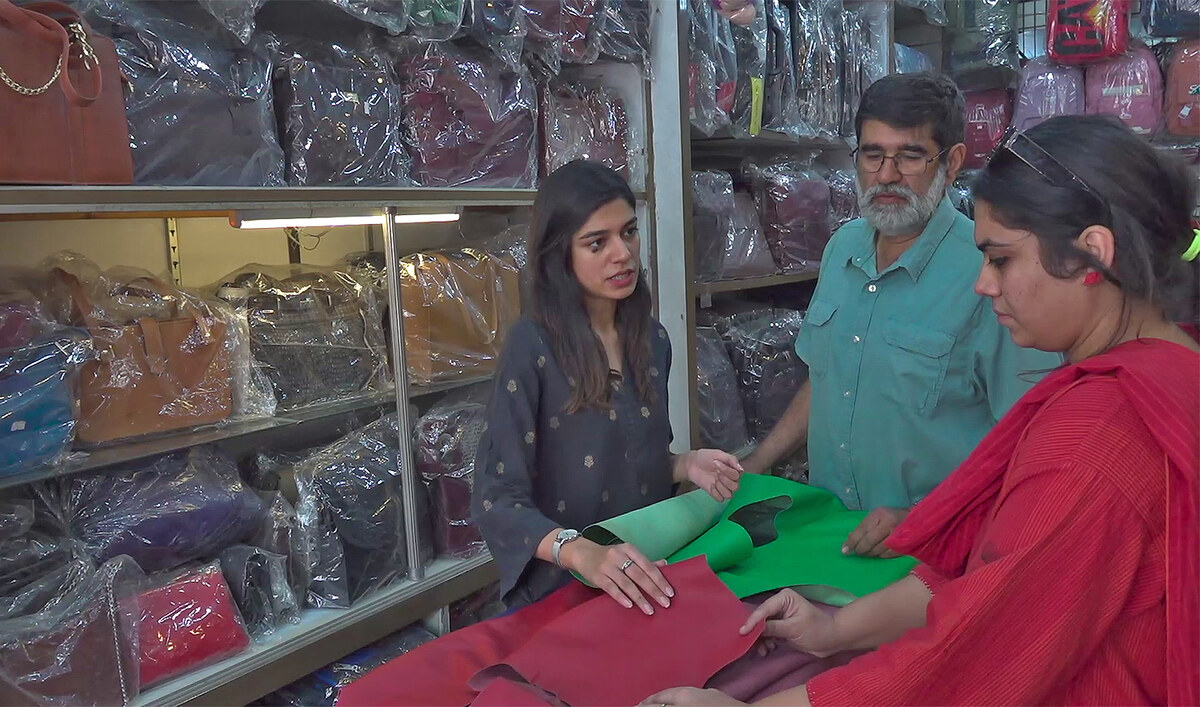ISLAMABAD: Pakistan and Saudi Arabia will sign a landmark climate deal on Friday during the visit of Prime Minister Imran Khan to the kingdom, the Pakistani climate minister said on Thursday.
Khan will embark on a three-day visit to Saudi Arabia (KSA) on May 7, Friday, on the invitation of Saudi Crown Prince Mohammed bin Salman. In meetings with the Saudi leadership, Khan will cover all areas of bilateral cooperation including economics, trade, investment, environment, energy, job opportunities for the Pakistani workforce, and the welfare of the Pakistani diaspora in the kingdom.
In a letter to Saudi crown prince Mohammed bin Salman in March, Khan had said while Pakistan and Saudi Arabia already maintained close cooperation on climate change issues at multilateral forums, “a meaningful and structured bilateral engagement can help advance our shared vision and create mutually beneficial opportunities for partnership.”
He also said Pakistan would be happy to share its knowledge and experience of climate change initiatives with the kingdom.
“Pakistan and Saudi are all set to sign a landmark green deal which will lay the grounds for a sustained collaboration,” Pakistan’s Minister for Climate Change, Malik Amin Aslam, told Arab News from Riyadh.
“The Memorandum of understanding (MoU) to be signed tomorrow in the presence of PM Imran Khan and Crown Prince Mohammed Bin Salman will actually be a marriage of two overlapping green visions put forward separately by the two leaders which represent the aspirations of a young populace across the two friendly countries.”
The crown prince last month called the leaders of Qatar, Kuwait, Bahrain, Iraq, and Sudan to discuss a massive regional tree-planting project. The Saudi Green Initiative is part of the prince’s Vision 2030 plan to reduce its reliance on oil revenues and improve quality of life. The crown prince unveiled the ambitious campaign at the end of March that will see Saudi Arabia planting 10 billion trees in the coming decades and working with other Arab states to plant another 40 billion trees, reduce carbon emissions and combat pollution and land degradation.
According to a copy of the Pak-Saudi green agreement seen by Arab News, its aim is help the two nations “meet their aspirations to consolidate the basis of the Joint work in the various fields of environmental protection and preservation and control of its pollution, so as to meet the needs of present and future generations, in order to achieve sustainable development in both countries.”
“The objective of this Memorandum of Understanding (MOU) is to enhance cooperation between the Parties in the various field of environment, biodiversity, its protection and preservation, development of land cover, reduction of pollution, combat desertification and abide to take all necessary measures as per the national laws to limit its negative impact on environment and mankind,” the document said.
The draft said the two nations would cooperate in the following areas: development of land cover, combating desertification and afforestation; environment protection, nature resources conservation and its sustainable management; biodiversity in coastal and marine areas, and nature reserves; combating pollution and the negative impact of human activities on environment, natural resources and air quality; developing methods and techniques to monitor air pollution and means to control it; management of chemicals and hazardous and toxic waste; environmental monitoring and evaluation, environmental standards and measures; environmental awareness, education and information.
In order to implement the cooperation activities mentioned the two nations will exchange opinions, information, experiences, documents, studies and publications in the fields that fall within the framework of the memorandum.
“Exchange of information available to them in the field of data analysis related to the status of the environment and the elements affecting it, and coordinate between them to exchange information related to natural disasters,” the draft said. “Exchange of visits between specialists to discuss technical aspects related to the protection of the environment from pollution or any other activity that would assist the implementation of the provisions of this MOU; Cooperation between centers and specialized agencies in brother counties in the field of environmental research, studies, regulations, policies and legislation.”
The draft added that the agreement would “allow access to information on the issue of environmental protection for the concerned authorizes in both countries within the framework of this MOU; Coordinate position at regional and international organizations, bodies and fora concerned while protecting the environment, as well as in the field of regional and international environmental agreements to serve the interests of both Parties; Prepare joint training program aimed at qualifying specialists in the areas of cooperation specified in this MOU.”
Aslam said the deal would include setting future targets for the use of clean, renewable energy and the expansion of national parks and protected areas, with the employment of young people in a National Parks Service.
The agreement stated that the countries would, according to available resources, bear the financial costs of implementing their respective obligations mentioned in the MoU unless otherwise agreed.
“The duration of this MoU is five years automatically renewable for similar period (s) unless one Party notifies the other, in writing and through diplomatic channels, of its intention not to renew or terminate the MoU,” the draft said. “Such notice should be given at least six months before the date the MoU ends.”
During Khan’s Saudi visit, “The two sides will also exchange views on regional and international issues of mutual interest,” a foreign office statement said. “A number of bilateral agreements/MoUs are expected to be signed during the visit.”
Khan will also meet the Secretary General of the Organization of Islamic Cooperation (OIC), Dr. Yousef Al-Othaimeen, the Secretary General of the World Muslim League, Mohammad bin Abdulkarim Al-Issa, and the Imams of the Two Holy Mosques in Makkah and Medina.
“Prime Minister Imran Khan will also interact with the Pakistani diaspora in Jeddah,” the foreign office said.
Pakistani army chief General Qamar Javed Bajwa is already in Riyadh and on Wednesday discussed defense cooperation with the Saudi military chief of staff, Lt. Gen. Fayyad bin Hamed Al-Ruwaili.
During the meeting with Al-Ruwaili, Gen Bajwa “emphasized the need to further enhance military-to-military cooperation between the two-armed forces and said that Pakistan-KSA cooperation will have positive impact on peace and security in the region.”





















